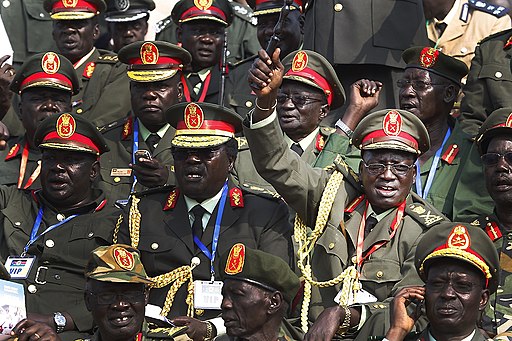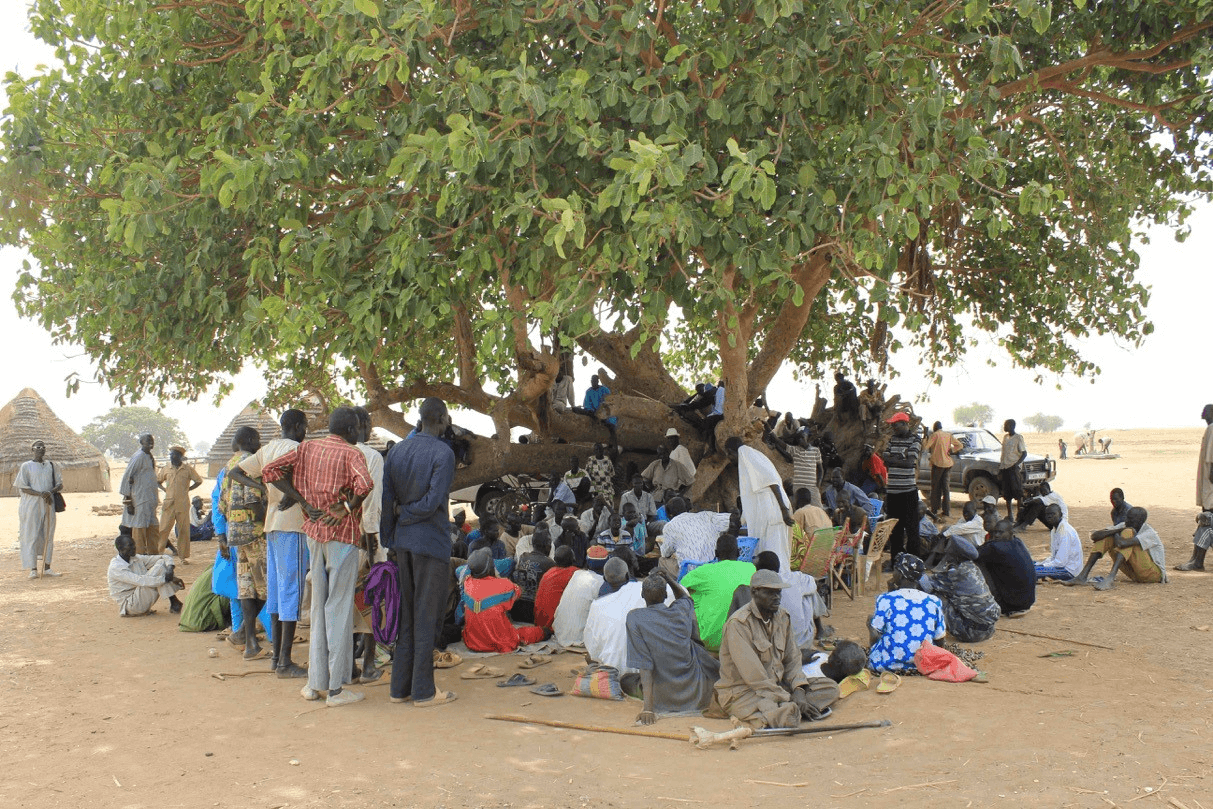Excerpt from “What Went Wrong”. Full article published by The Cipher Brief, August 3, 2016.
At the heart of South Sudan’s descent into chaos is a failed effort at security sector reform. When Sudan’s long civil war ended in 2005, the U.S. – along with other donors – poured money and expertise in trying to transform the guerrilla Sudan People’s Liberation Army (SPLA) into a professional army, the core institution for national defense when South Sudanese voted for independence six years later. These programs failed completely. In 2013, on the eve of the current civil war, the SPLA was a bloated, factionalized, coalition of militias, who split apart along ethnic lines.
[….]
On paper, the August 2015 deal that ostensibly ended the civil war promised a strategic defense and security review that would lead to the integration of the warring forces and the creation of a unified national professional army. But Kiir, Malong, and Machar took no steps towards this: Their focus was instead on the details of how many troops from each side would be permitted in the capital. This was transparently a calculus of the balance of force, should the deal collapse. And the peace deal neither resolved the power struggle between the nation’s leaders, nor provided the government with the funds to return to the former “big tent” strategy that might have bought stability for as long as it took to resolve the political disputes.
The international mediators of the peace deal pulled back from an early promise to demilitarize Juba, putting it under UN control. Instead, the two bitter and distrustful armies were supposed to jointly secure the city. The mediators defended it as the standard formula for post-conflict security arrangements. Realistically, it was a recipe for a conflagration.
That is precisely what happened on July 7, when Machar’s bodyguards killed five of Kiir’s soldiers. In response, Malong eliminated Machar’s forces in Juba. Malong and Kiir won a clear military victory in the capital – which has since quietened down – but no military solution is possible across the ethnically diverse terrain of South Sudan, with numerous well-armed groups each determined to defend its locality.
A central element in a working peace deal for South Sudan will be building a viable security sector. Next time around, the strategy should be guided by the country’s political realities, not wishful thinking that South Sudanese leaders are committed to peace and state-building.


